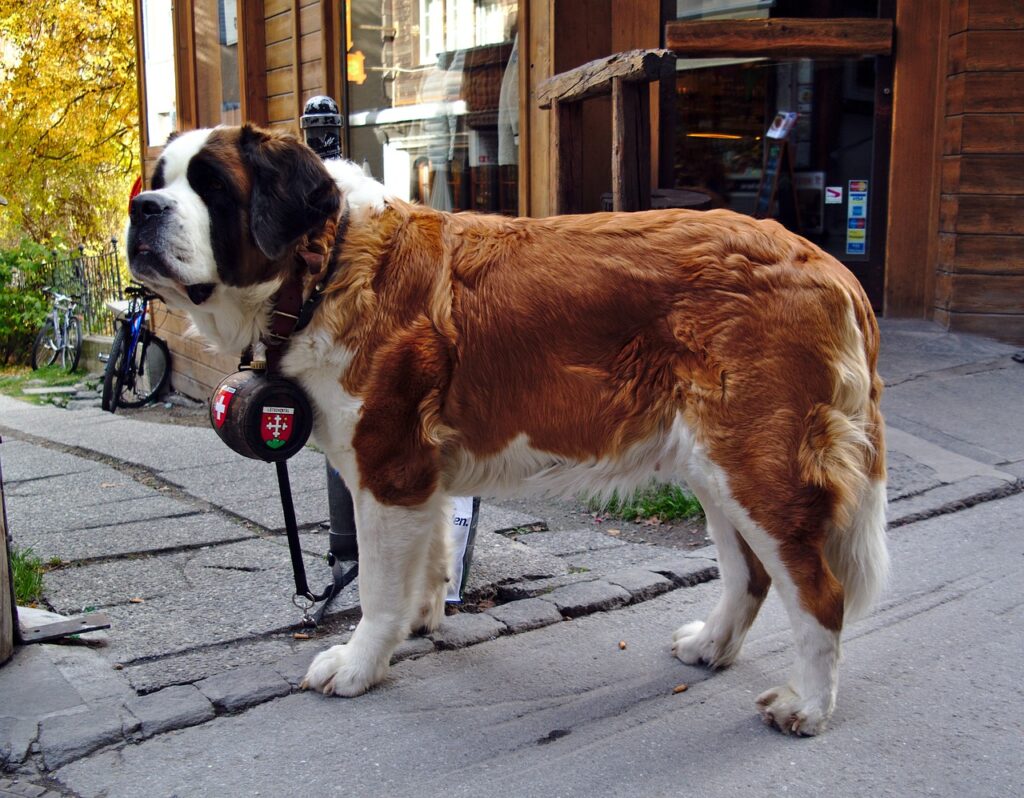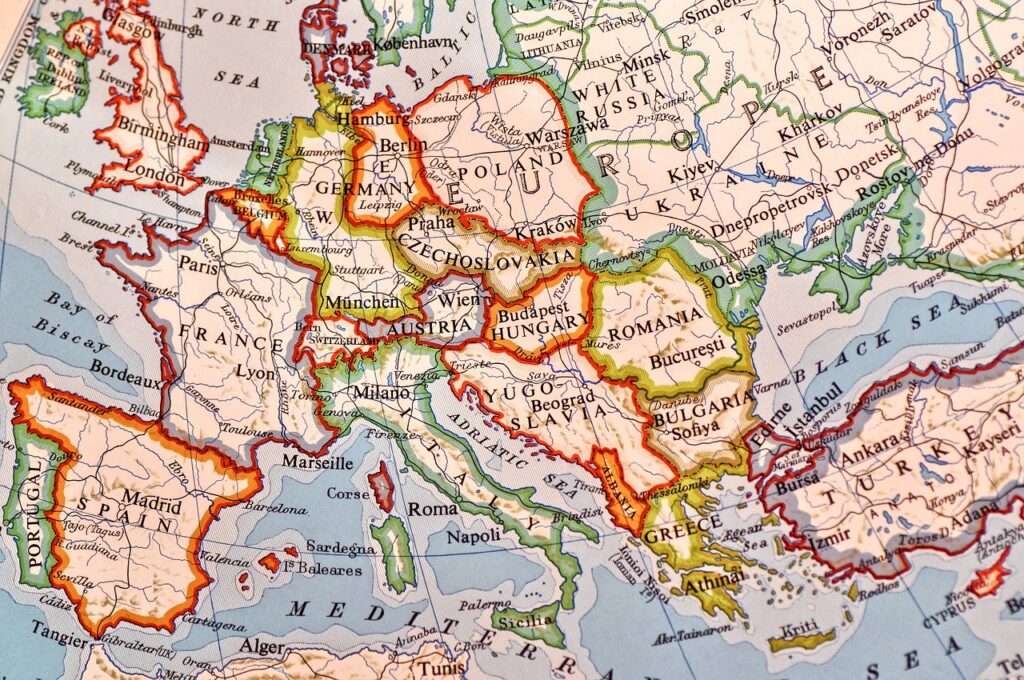Is Switzerland a Nordic country? And, while we’re at it, is Switzerland a Scandinavian country? It’s not uncommon for these question to arise, as both Switzerland and the Nordic countries share certain appealing qualities. Moreover, they are both often mentioned in discussions about high living standards, political stability, and social welfare systems.
In this blog post, our objective is to bring clarify the confusion regarding Switzerland’s categorization. Accordingly, we will offer a definitive response to the inquiries: Is Switzerland a Nordic country? Is Switzerland Scandinavian? By delving into the characteristics of both Switzerland and the Nordic countries, we can unravel the reasons behind this common query and gain a better understanding of the distinctions between these regions. So let’s explore the fascinating world of Switzerland and the Nordic countries to uncover the truth.
Exploring the Distinction: Switzerland vs. the Nordic Countries

When it comes to discussing European regions and their distinct characteristics, the Nordic countries often grab the spotlight. However, it’s important to clarify that Switzerland is not considered a Nordic country.
The Nordic countries, some of them known as Scandinavia, encompass Denmark, Finland, Iceland, Norway, and Sweden. These countries share a rich cultural heritage, historical ties, and geographical proximity. They are famous for their Nordic languages, similar social welfare models, and a strong commitment to democratic values.
The concept of the Nordic countries is often associated with exceptional standards of living, robust social security systems, and high levels of happiness and well-being. It’s no wonder that people searching for “Is Switzerland a Nordic country?” may be drawn to the positive qualities often attributed to the Nordic region.
Switzerland, however, lies outside the Nordic geographical area. Instead, it is in Central Europe and shares borders with Germany, France, Italy, Austria, and Liechtenstein.
While Switzerland does not fall under the Nordic umbrella, it is worth noting that Switzerland and the Nordic countries do share some similarities. Both regions boast high living standards, well-developed social welfare systems, and a commitment to education and healthcare. This might contribute to the confusion surrounding whether Switzerland is part of the Nordic countries or even Scandinavia.
Switzerland: A Unique Identity Separate from the Nordic Countries

When it comes to determining whether Switzerland is a Nordic country, the answer is a clear no. While Switzerland shares some similarities with the Nordic countries in terms of high living standards and political stability, it is not a part of this region. Let’s delve into the reasons why Switzerland stands apart from the Nordic countries.
First of all, Switzerland is in Central Europe, bordered by countries such as Germany, France, Italy, Austria, and Liechtenstein. In contrast, the Nordic countries—Denmark, Finland, Iceland, Norway, and Sweden—are in Northern Europe. This distinction alone should dispel any confusion surrounding Switzerland’s inclusion in the Nordic region.
Furthermore, Switzerland’s political system and neutrality are key factors that set it apart. Switzerland operates under a federal republic system and has long maintained a policy of neutrality, allowing it to remain outside of major conflicts. This stands in contrast to the Nordic countries, which have their own political systems and, while generally neutral, are not as internationally famous for their neutrality as Switzerland.
While Switzerland may share certain values with the Nordic countries, such as an emphasis on social welfare, education, and quality of life, these factors alone do not qualify it as a Nordic country. Switzerland has its own unique cultural and linguistic diversity, with four official languages—German, French, Italian, and Romansh. This linguistic diversity contributes to the rich tapestry of Swiss identity and further distinguishes it from the Nordic countries.
Is Switzerland a Nordic Country? All evidence suggests otherwise

By now, it is crystal clear that Switzerland is not a Nordic country. A fact that further reinforces this, is the following: There were no direct interactions or relations between the well-traveled Vikings and the Swiss people during their respective eras. The Viking Age, which roughly spanned from the late 8th to the 11th century, primarily involved Viking activities in regions such as Scandinavia, the British Isles, continental Europe, and even parts of North America.
As a landlocked country located in Central Europe, Switzerland did not directly situate itself along the typical Viking trade routes or areas of Viking exploration. The Vikings conducted seafaring expeditions, frequently sailing along the coastlines and major rivers of Europe. Switzerland’s geographical position in the Alps would have made it less accessible and less likely to be a direct target for Viking raids or settlements.
Is Switzerland a Nordic Country? Switzerland’s Geographical and Historical Non-Affiliation with the Nordics

In conclusion, it is evident that Switzerland is not a Nordic country, as both geographical and historical evidence suggests. Geographically, Switzerland is in Central Europe, distinct from the Nordic region. Furthermore, historical records reveal a lack of direct interactions or relations between the Swiss people and the well-traveled Vikings.
The geographical separation between Switzerland and the Nordic countries, along with the absence of historical connections, emphasizes the distinction between these regions. While Switzerland shares certain positive qualities associated with the Nordic countries, such as high living standards and a focus on social welfare, it remains an independent nation with its own unique identity.
